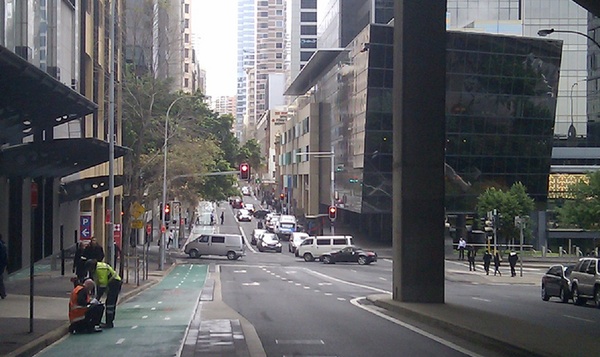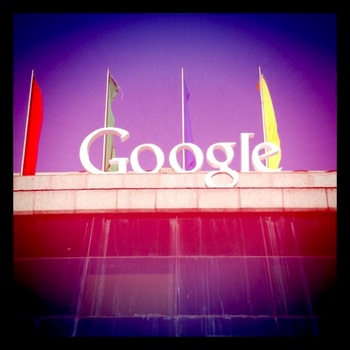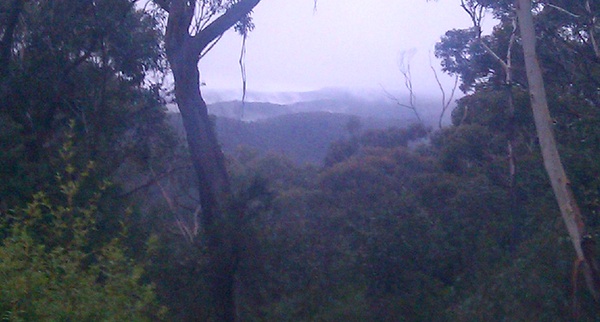A weekly summary of what I’ve been doing elsewhere on the internets. Most of it seemed to be about Google+.
Podcasts
- Patch Monday episode 96, “Can Google+ kill Facebook? Twitter?” My guests were social computing and business futures consultant Kate Carruthers, Digital Citizens founder James Fridley, and freelance journalist and blogger Neerav Bhatt.
Articles
- There’s no way I’m handing over data to Google+, for Crikey.
- Online crime under-reported, under-researched, for CSO.
- Amazon AWS algorithms watch for cloud-based hacks, for CSO, which includes material from my interview with Amazon’s chief technology officer Dr Werner Vogels.
- Why rush? Let others find the Google+ privacy landmines, for ABC Drum Opinion.
- Quintet nations agree on cybercrime action plan, for CSO. It seems the same five Anglosphere nations that have been sharing intelligence since WWII still consider themselves a unit.
Media Appearances
- On Tuesday I was interviewed by ABC TV’s 7.30 for their story on voicemail hacking at News of the World. I wrote about that already.
- On Friday I was interviewed on the same topic by Adelaide radio 1395 FIVEaa.
Corporate Largesse
- While attending the AWS Cloud Tour 2011 on Thursday, I received ample food and drink at Amazon’s expense.
- On Friday I met with analyst Arun Chandrasekaran from Frost & Sullivan. He paid for the coffee and juice.
- On Friday I had another extremely long lunch with those unnamed people about that unnamed media project, but this time I managed to find my way back to where I was meant to be spending the night.
Elsewhere
Most of my day-to-day observations are on my high-volume Twitter stream, and random photos and other observations turn up on my Posterous stream. The photos also appear on Flickr, where I eventually add geolocation data and tags.
[Photo: Kent Street, Sydney, photographed on Friday 15 July 2011.]
[Update 7pm: I didn’t think that last article for CSO would be posted today, but it was, so I’ve added it to the “Articles” list.]





 I’ve been very busy this week following Tuesday’s announcement that
I’ve been very busy this week following Tuesday’s announcement that 